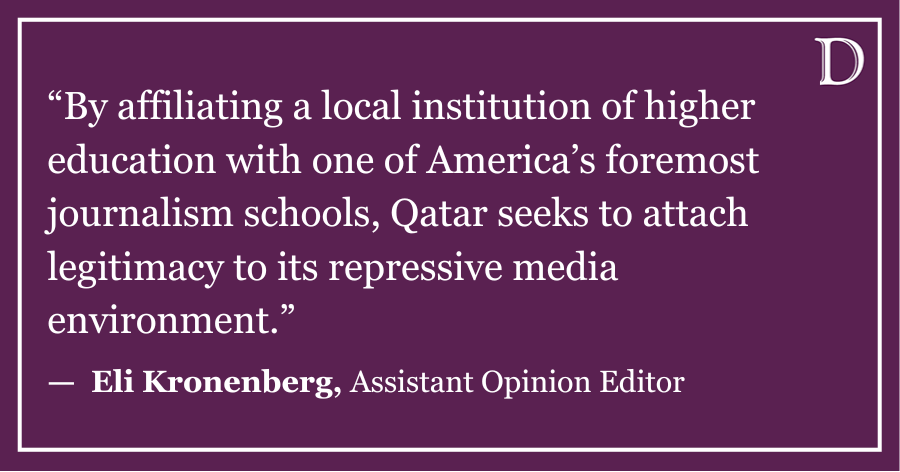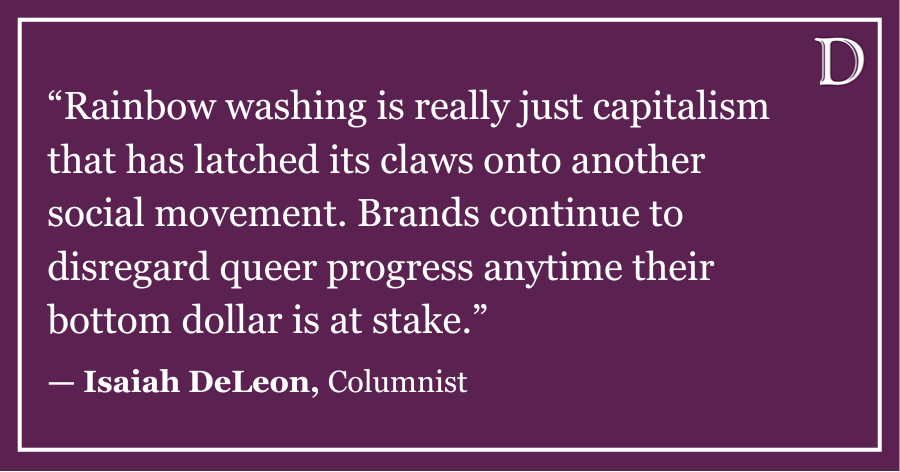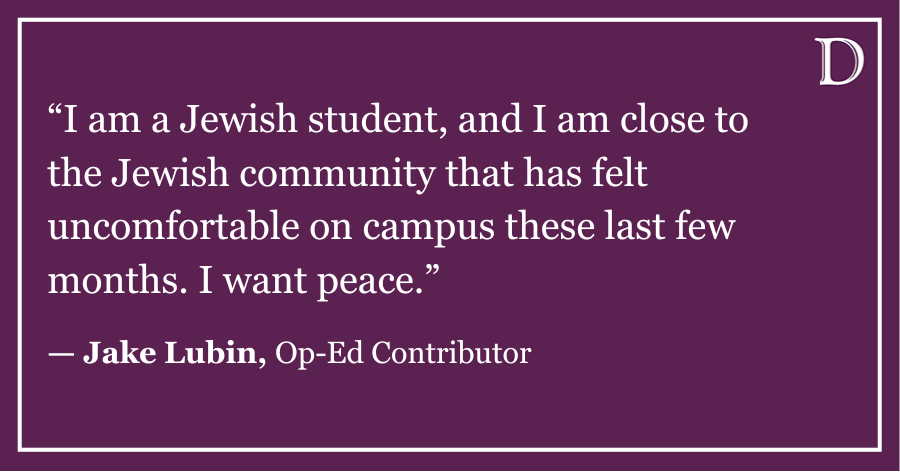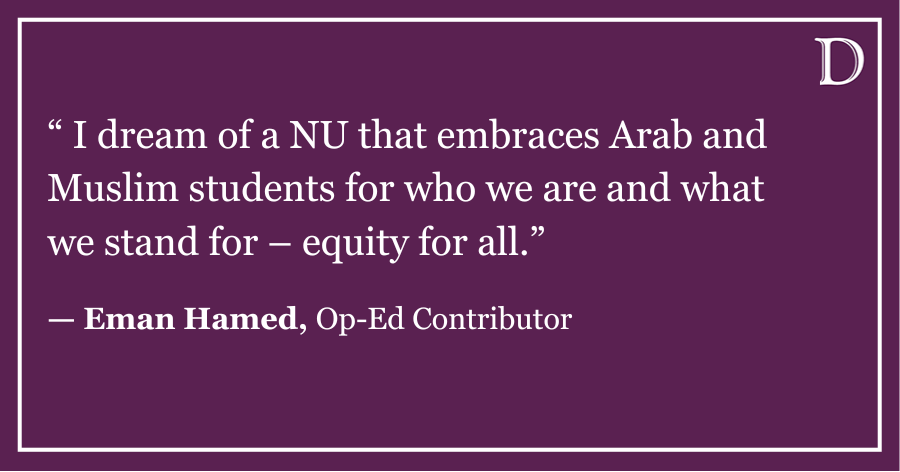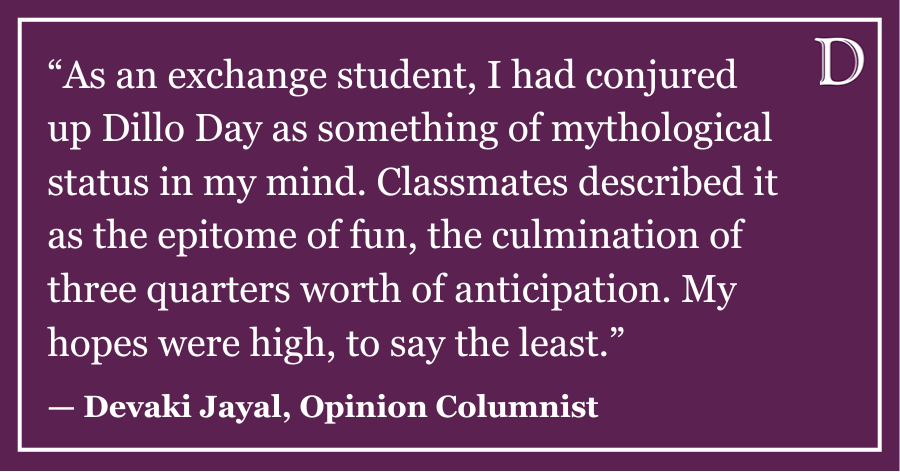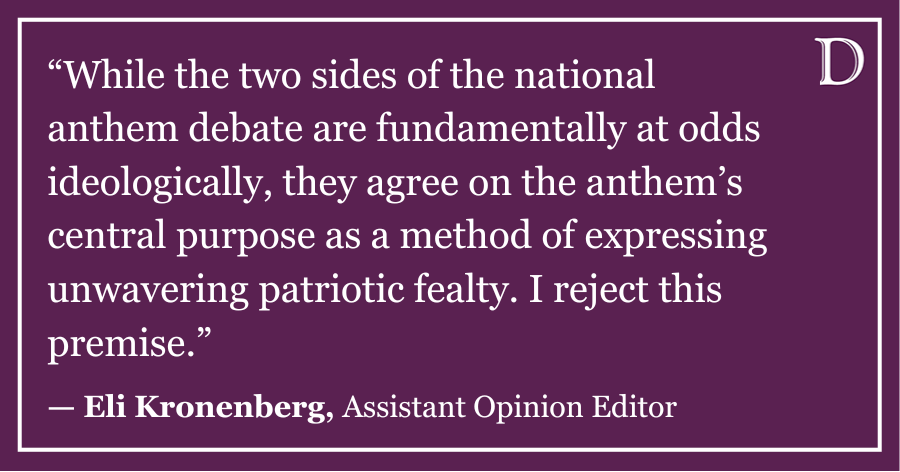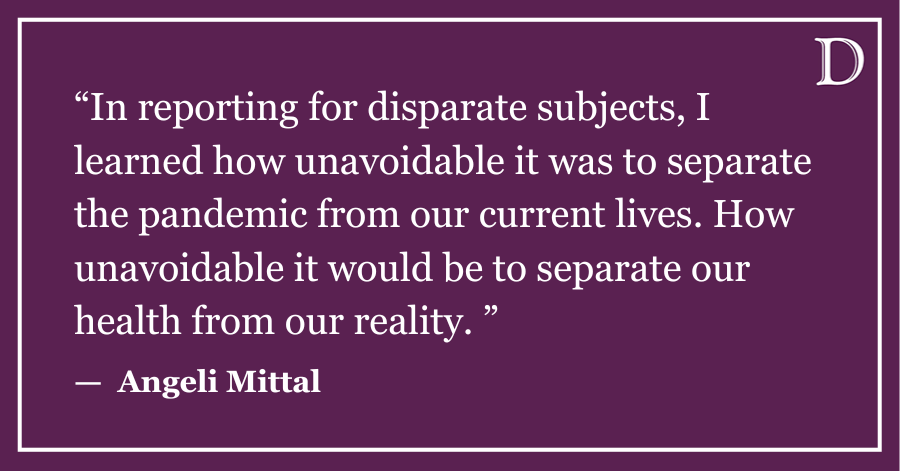Between mid-November and early February, The Daily Northwestern published four Letters to the Editor about the Israel-Hamas war. Their authors were “70 student organizations,” “22 Northwestern Students,” “163 Northwestern faculty and staff” and “65 student organizations.”
Neither of the pieces authored by a list of student organizations have a single individual’s name attached to them. In the letters written by a group of individuals, some who The Daily included in its count did not provide their name.
“Five anonymous students” signed on to an article titled “Anti-zionism is not antisemitism,” while “17 Anonymous faculty and staff members” was listed as an author in a letter criticizing President Michael Schill’s email announcing the formation of a committee on antisemitism and hate.
While some authors may have legitimate reasons for not wanting to be personally associated with those pieces, the indiscriminate authorization of anonymous Letters to the Editor is an impractical policy that exacerbates an already unhealthy speech environment on campus.
Since there is no uniform process whereby a student organization can gain approval from its members to add the organization’s name to a letter, the club’s presence on the authors list provides little insight into how representative the opinion is. It doesn’t even imply that a discussion or vote was held among the organization’s executive board.
The Daily included an editor’s note on one article authored by “70 student organizations” that called for students to boycott The Daily, clarifying that “at least one member of each executive or operating board signed this letter.” This suggests any rogue executive board member may add their club’s name to the list of authors to manufacture a fraudulent image of consensus.
The Daily has not even guaranteed that several of the organizations listed do not represent the views of a single individual who holds executive positions in multiple clubs.
These procedural gripes may seem pedantic, but they matter because a careless process permits bad-faith actors to hijack the norms of civil discourse. Indeed, there is something far more insidious about op-eds that are written in packs and disassociated from individuals — rather than contributing productively to the marketplace of ideas, they discourage nuance and stifle the exchange of opposing views.
Most importantly, the pieces have no clear return address, making them more like petitions than op-eds. If someone wanted to ask the authors a question or follow up on a specific argument, they would have a very difficult time doing so because the true authors’ identities are unclear.
While all Daily stories typically link to the writer’s email address below the article, there is no contact information associated with any of the four pieces at hand. If someone were to write an article disputing the original letter’s claims, that would likely spell an end to the dialogue because no one is obliged to answer for the opinion.
The person who spearheaded the initial piece could write a response and gather the same group of signatories to back them up, but such a response would be devoid of the self-reflection required to address substantive disagreements because the alignment of dozens of people behind a single political orthodoxy renders the discussion inherently combative.
In a good free speech environment, the 70 or so people representing student organizations would all respond to criticisms differently — some would adjust their views, while others would double down. Each of them likely had slightly different views in the first place, but the consolidation behind a veil of anonymity removed the nuances that each voice would have brought to the table had they written separate articles.
The authors’ anonymity emboldens them to make inflammatory claims that they might rethink if they were personally accountable for what they wrote. It is this safety in anonymity that has empowered countless social media trolls and turned websites like X, formerly Twitter, into safe havens for vitriolic bigotry.
This same logic underpins the recent decisions of protesters across the country to wear masks and block the filming of demonstrations in order to conceal their identities.
The op-ed page of a newspaper is one of the few mediums left in the public sphere that can be governed to ensure civil dialogue. Journalists should do everything in their power to preserve the sanctity of that space.
That is not to say that there is no circumstance under which a piece could be published anonymously. However, The Daily is clear that there is typically a high bar for making such a judgment. When I attended a training session for prospective Daily staffers, we were told by a senior member of the paper that anonymous sources were prohibited barring extenuating circumstances.
It is difficult to square this policy with the routine publication of anonymous Letters to the Editor, the last four of which have expressed opinions relating to the Israeli-Palestinian conflict that seem to be held by a non-trivial portion of the student body.
At the very least, The Daily owes its readers far more transparency. Each time an anonymous opinion is published, it should be accompanied with an explanation as to why the authors felt they could not publish their name, just as you would see alongside an anonymous quote in a news piece.
When the New York Times decided to publish a single anonymous op-ed in 2018, it left a note atop the article calling it a “rare step” and explaining its decision. Pre-empting the backlash that might come with such a diversion from its established journalistic practices, The Times invited readers to submit questions about its vetting process and had then-Op-Ed editor James Dao respond to the queries in a separate article.
At a premier journalism school where students are forced to grapple with journalistic ethics from their very first quarter on campus, the least we can expect is a transparent justification of editorial decisions that would be viewed as extraordinary in professional journalism.
I strongly urge The Daily to reconsider its policies regarding the publication of anonymous Letters to the Editor — especially those signed by student organizations — and to outline clear and public standards for granting anonymity.
Eli Kronenberg is a Medill freshman. He can be contacted at [email protected]. If you would like to respond publicly to this op-ed, send a Letter to the Editor to [email protected]. The views expressed in this piece do not necessarily reflect the views of all staff members of The Daily Northwestern.











